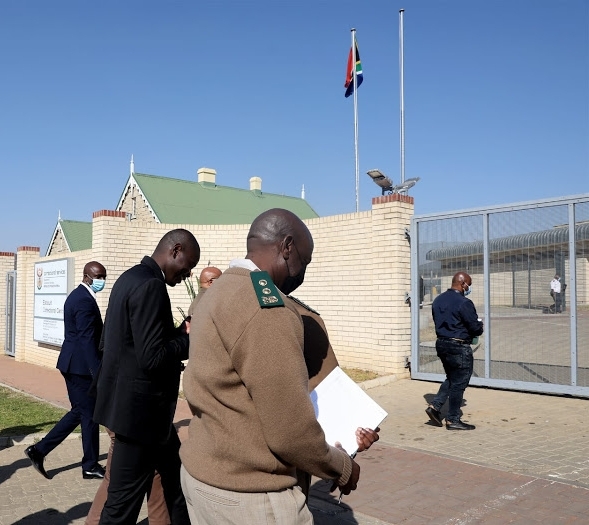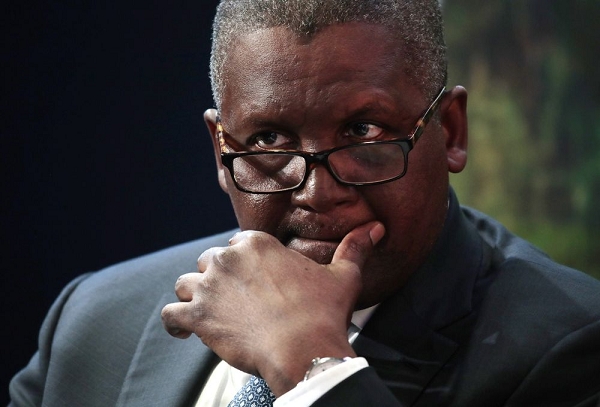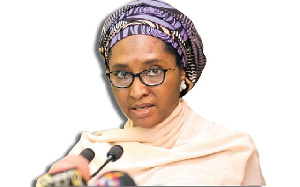Commonwealth snubs Zimababwe

The Commonwealth Heads of Governments Meeting ended in Kigali, Rwanda, on Saturday with deafening silence on Zimbabwe’s re-admission bid.
The Commonwealth, however, admitted two former French colonies, Gabon and Togo as its 55th and 56th members.
At the just-ended Commonwealth summit, Zimbabwe had a heavy presence as it continued to lobby for readmission 18 years after the late former President Robert Mugabe withdrew the country from the group in 2003.
President Emmerson Mnangagwa’s government applied on May 15, 2018, to re-join the grouping, a year after toppling Mugabe through a military coup.
But there was no movement by the group, which has perennially cited human rights abuses and lack of rule of law as stumbling blocks for Zimbabwe’s re-admission.
Togo and Gabon’s admission was based on the assessment of several standards such as the democratic process, good governance and rule of law.
Political analyst Maxwell Saungweme said the Commonwealth snub was a direct indication that the second republic was reminiscent of the Mugabe regime.
“It’s a confirmation of the obvious, that the Mnangagwa regime has not changed. It’s a mere extension of Mugabe’s regime, albeit with more brazen human rights violations, lack of political sophistry and obscene looting of resources and corruption,” Saungweme said.
“So whatever the Commonwealth stands for and whatever standards that saw Zimbabwe being kicked out, nothing has changed for the better to warrant a rethink. So the failure of readmission pours cold water on Mnangagwa’s re-engagement efforts.”
Commonwealth is a free association of sovereign States comprising the United Kingdom and a number of its former colonies and interested parties who chose to have ties based on friendship and practical cooperation and acknowledge the British monarch as the symbolic head of their association.
Last month, a United Nations report of the Working Group on the Universal Periodic Review of Zimbabwe said the country had failed to explain alleged human rights abuses and enforced disappearances during the January 20, 2022 review in Geneva, Switzerland.
Political analyst Methuseli Moyo said the decision spotlighted Zimbabwe negatively on the global stage.
“Diplomatically, it is a setback for President Mnangagwa’s administration, which has sought to portray itself as new and different from former President Mugabe’s regime. Once more, it spotlights Zimbabwe negatively in the international relations arena. Domestically, opposition forces will feel vindicated on their stance that Zimbabwe is undemocratic and poorly governed,” Moyo said.
Last week, Foreign Affairs and International Trade deputy minister David Musabayana said government would not be fazed if their bid for readmission was turned down.
“We are not worried whether we are going to be taken back to Commonwealth because we acted on our own resolution and because the President has said that we are open for business and want to partake on a table where global players, that’s why we have chosen our interests,” he said.
“So whatever that comes, whether it’s positive or negative, we are not worried. But the position of the government is that we wanted to be part of the global village and that’s our interest only.”
Despite clear signs of rejection by Commonwealth, Foreign Affairs ministry spokesperson Livit Mugejo said government had not yet failed as their application was still in the first phase of readmission.
“There are processes and consultations that the Commonwealth undertakes before a decision is taken. These are currently underway. We did not fail anything. Our application is still in the first stage of the re-admission process,” Mugejo said.
Source: newsday.co.zw






